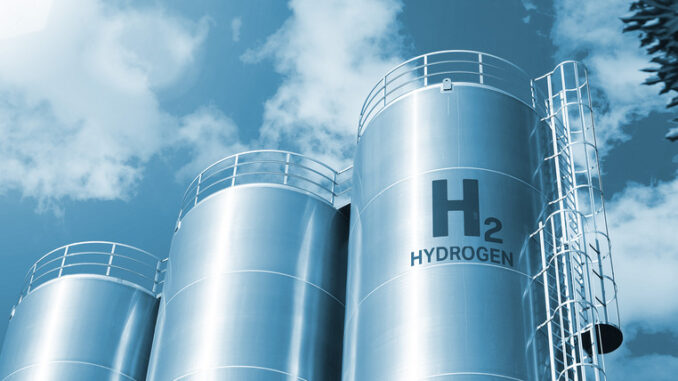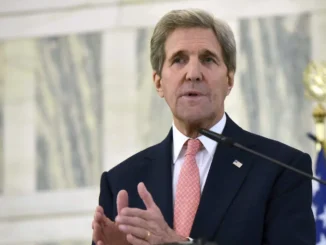
The Biden administration’s effort to jump-start the hydrogen power industry has sparked a heated debate over what constitutes “clean” hydrogen — a question that has generated as many as 30,000 answers.
That’s how many comments the Treasury Department received on its draft rules for how hydrogen companies can qualify for generous tax credits included in President Joe Biden’s signature climate law, writes Christian Robles.
The agency held its first public hearing on the rules last week, where industry players and environmentalists duked it out. A major point of contention emerged around Treasury’s proposed requirement that companies use new low-carbon energy sources, rather than existing generators, to make hydrogen fuel.
While hydrogen is by definition carbon-free, it takes energy to make energy — meaning the gas is only as climate-friendly as its production process. The bulk of hydrogen energy produced in the U.S. today is extracted from natural gas, which releases planet-warming pollution into the atmosphere.
The Biden administration’s goal is to produce 10 million metric tons of hydrogen fuel annually by 2030 using new solar, wind or other renewable power. The rationale is that using electricity from the grid — without adding new clean power to meet the increased demand — would boost fossil fuel use.
But critics of Treasury’s proposal say the requirement threatens to kneecap the nascent industry. It could, for example, stymie the use of nuclear energy, which is carbon-free, to produce hydrogen, argued Dorothy Davidson, CEO of the MachH2 hydrogen hub. Building new nuclear reactors is too expensive and takes too long to be worth it for her company, which is in negotiations with the Energy Department for up to $1 billion in federal funding.
Another company CEO, Andy Vesey of Fortescue Future Industries, said the requirement to use new clean power sources would take five years or more to fulfill, delaying operations and increasing costs by 20 percent.
Still, at least four companies have said they plan to move forward with major hydrogen projects that comply with Treasury’s rules, said Erik Kamrath, a hydrogen advocate for the Natural Resources Defense Council.
That’s enough to produce 6 million metric tons of clean hydrogen, according to the White House.
Take the Survey at https://survey.energynewsbeat.com/
ENB Top News
ENB
Energy Dashboard
ENB Podcast
ENB Substack



